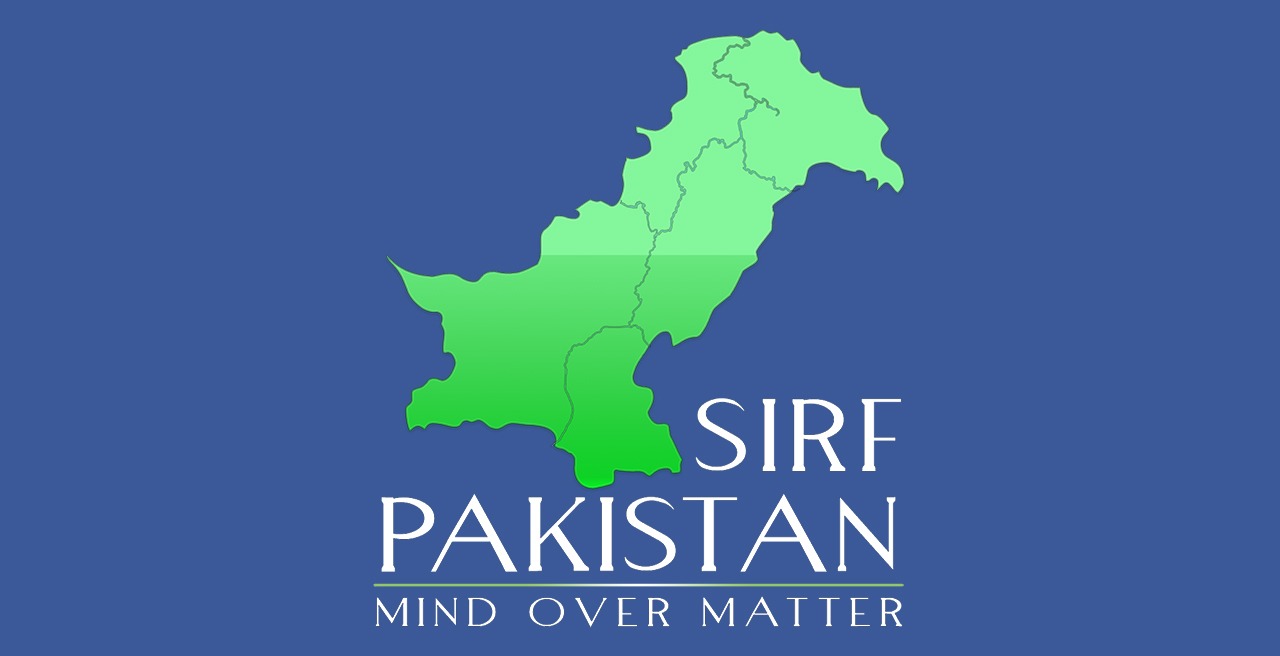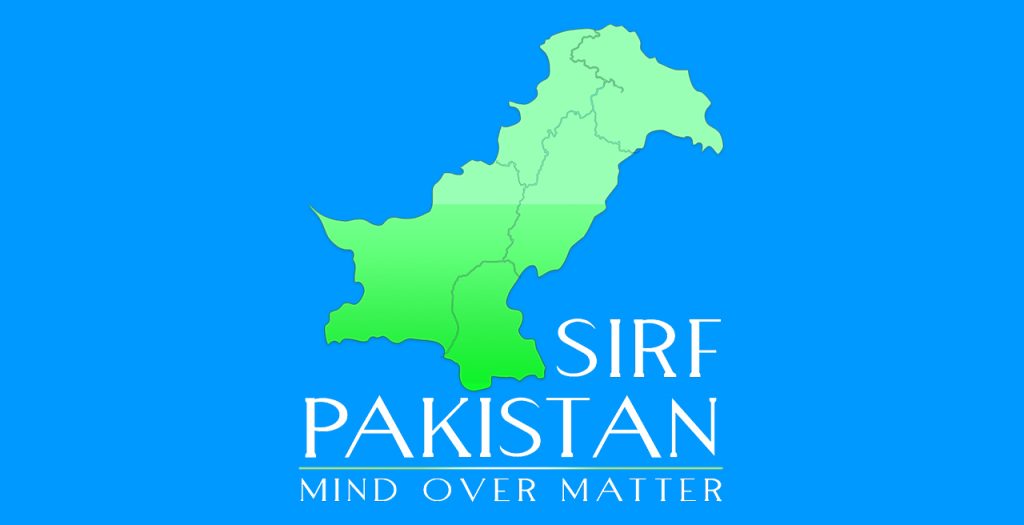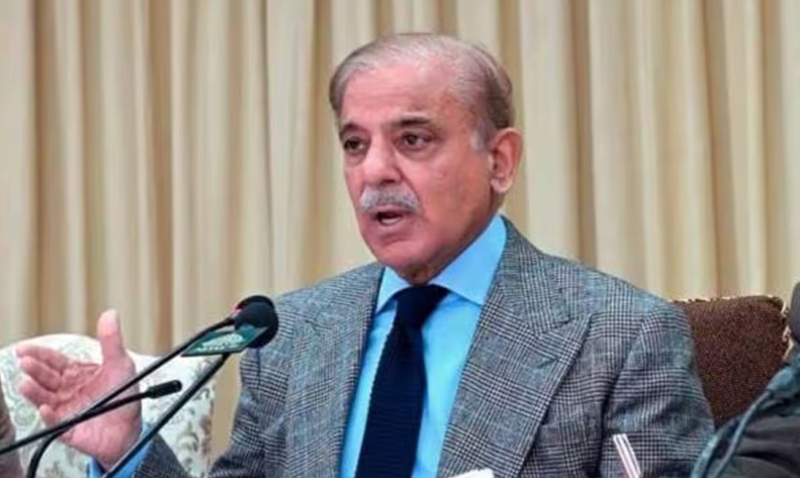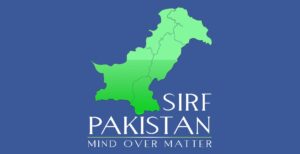Pakistan’s newly elected lower house of parliament on Sunday elected Shehbaz Sharif as prime minister for a second time, putting him back in a role he had stepped down from ahead of general elections on Feb. 8.
Sharif, the candidate for his Pakistan Muslim League-Nawaz (PML-N) and coalition allies, secured a comfortable win over Omar Ayub Khan of the Sunni Ittehad Council (SIC) backed by the Pakistan Tehreek-e-Insaf (PTI) party of jailed former PM Imran Khan.
Elections last month threw up a hung National Assembly and have been followed by weeks of protests by opposition parties over allegations of rigging and vote count fraud.
In his first speech as PM, Sharif, 72, spoke of Pakistan’s burgeoning debt, saying it would be his government’s top priority to solve the economic struggles of the nation of 241 million people.
“The parliament that we are sitting in, even the expenses of its proceedings are being paid through loans … Your salary and the salaries of all these people are being paid through loans,” the new PM said, as PML-N lawmekers cheered and opposition members chanted slogans against the leader of the house.
“We will make Pakistan great and raise our heads high and move forward.”
Independent candidates backed by Khan gained the most seats, 93, after the elections, but the PML-N and Pakistan Peoples Party (PPP) of the Bhutto dynasty agreed to an alliance to form a coalition government on Feb. 20. No single party won a majority.
The Sunni Ittehad Council backed by Khan alleges that the election was rigged against it and has called for an audit of the polls. Lowering political temperatures will thus be a key challenge for Sharif as Khan maintains mass popular support in Pakistan, and a continued crackdown on his party and his remaining in jail would likely stoke tensions at a time when stability is needed to attract foreign investment to shore up the economy.
Sharif’s main role will also be to maintain ties with the military, which has directly or indirectly dominated Pakistan since independence. Unlike his elder brother, who has had a rocky relationship with the military in all his three terms, the younger Sharif is considered more acceptable and compliant by the generals, most independent analysts say.
For several years, the military has denied it interferes in politics. But it has in the past directly intervened to topple civilian governments three times, and no prime minister has finished a full five-year term since independence in 1947.
Sharif also takes over a time when the new government will need to take tough decisions to steer the country out of financial crisis, including negotiating a new bailout deal with the IMF. The current IMF program expires this month. A new program will mean committing to steps needed to stay on a narrow path to recovery, but which will limit policy options to provide relief to a deeply frustrated population and cater to industries that are looking for government support to spur growth.



